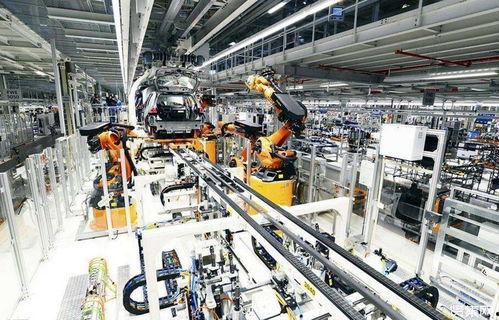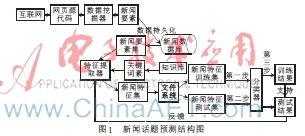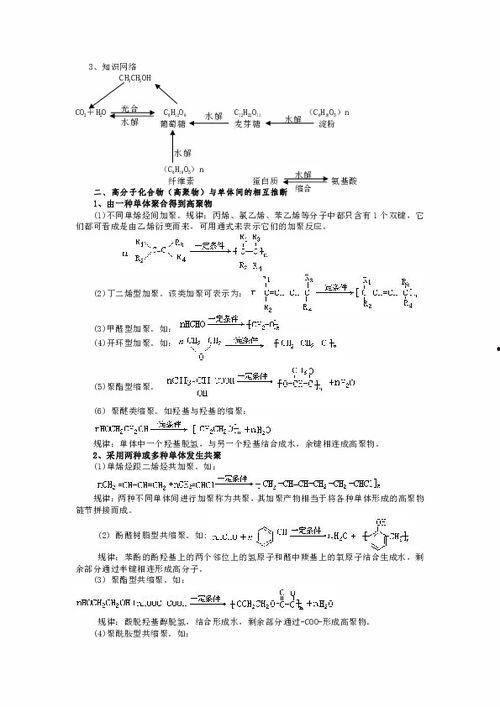Hey there, automation enthusiast! Are you ready to dive into the thrilling world of industrial automation? It's a topic that's heating up the tech scene like a sizzling summer day, and for good reason. From factories to warehouses, the impact of automation is undeniable. So, let's jump right in and explore the ins and outs of this hot topic!
The Rise of Industrial Automation

Industrial automation has been on the rise for decades, but it's only recently that it's become a mainstream conversation. Thanks to advancements in technology, we're now seeing machines and software work together to streamline processes, increase efficiency, and reduce costs. According to a report by MarketsandMarkets, the industrial automation market is expected to grow from USD 197.6 billion in 2020 to USD 292.5 billion by 2025, at a Compound Annual Growth Rate (CAGR) of 7.2%.
The Heart of Industrial Automation: Robots

Robots are the stars of the industrial automation show. These mechanical marvels can perform tasks with precision, speed, and consistency that humans simply can't match. From assembling cars to packing boxes, robots are becoming an integral part of the manufacturing process. According to the International Federation of Robotics (IFR), there were approximately 2.6 million industrial robots installed worldwide in 2019, and that number is only expected to grow.
The Power of Software

While robots are the hands and eyes of industrial automation, it's the software that gives them their brains. Advanced control systems, artificial intelligence (AI), and machine learning algorithms are all part of the software ecosystem that powers modern industrial automation. These technologies enable robots to learn from their environment, adapt to new tasks, and even make decisions on their own. According to a report by Grand View Research, the industrial automation software market is expected to reach USD 15.5 billion by 2025, growing at a CAGR of 8.5%.
The Benefits of Industrial Automation
Now, let's talk about why industrial automation is such a hot topic. Here are some of the key benefits:
- Increased Efficiency: Automation can significantly reduce the time it takes to complete tasks, leading to higher productivity and output.
- Cost Reduction: By automating repetitive tasks, companies can save on labor costs and reduce waste.
- Improved Quality: Robots can perform tasks with pinpoint accuracy, resulting in higher quality products.
- Safety: Automation can take over dangerous tasks, reducing the risk of workplace accidents.
- Scalability: As your business grows, automation can easily scale to meet your needs.
The Challenges of Industrial Automation
While there are many benefits, there are also challenges to consider:
- Initial Investment: Implementing industrial automation can be expensive, requiring significant upfront investment in equipment and software.
- Job Displacement: Automation can lead to job displacement, as some tasks become obsolete.
- Integration: Integrating new automation systems with existing infrastructure can be complex and time-consuming.
- Cybersecurity: As more devices become connected, the risk of cyber attacks increases.
The Future of Industrial Automation
The future of industrial automation is bright, with endless possibilities. Here are a few trends to keep an eye on:
- AI and Machine Learning: These technologies will continue to evolve, enabling robots to perform more complex tasks and make better decisions.
- Edge Computing: By processing data closer to the source, edge computing will reduce latency and improve the performance of automation systems.
- Collaborative Robots (Cobots): Cobots are designed to work alongside humans, enhancing safety and productivity.
- Blockchain: This technology could be used to secure data and transactions in industrial automation systems.
So, there you have it—a whirlwind tour of the world of industrial automation. It's a fascinating and rapidly evolving field that's changing the way we work and live. Whether you're a tech enthusiast, a business owner, or just curious about the future, industrial automation is a topic worth keeping an eye on. Who knows what incredible advancements await us in the years to come?









